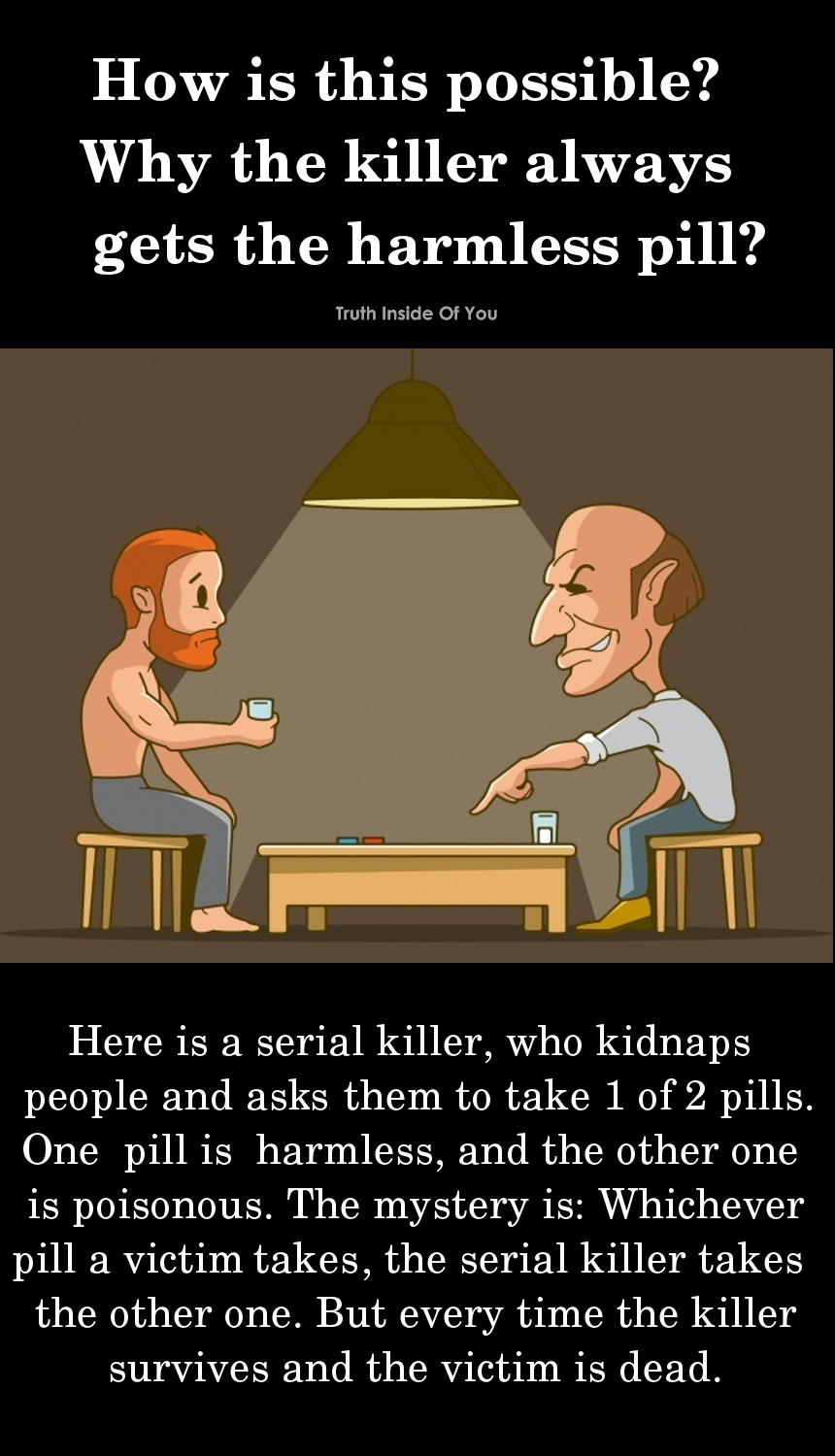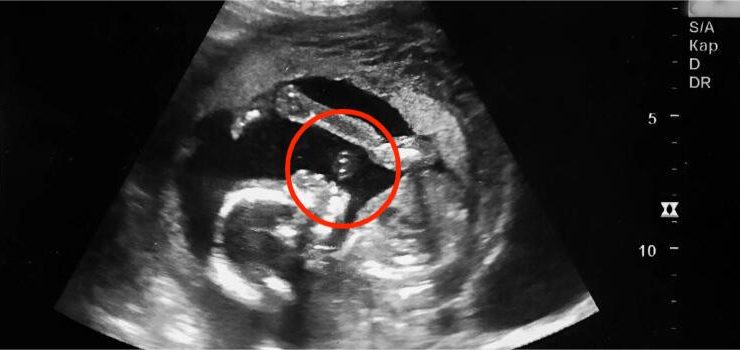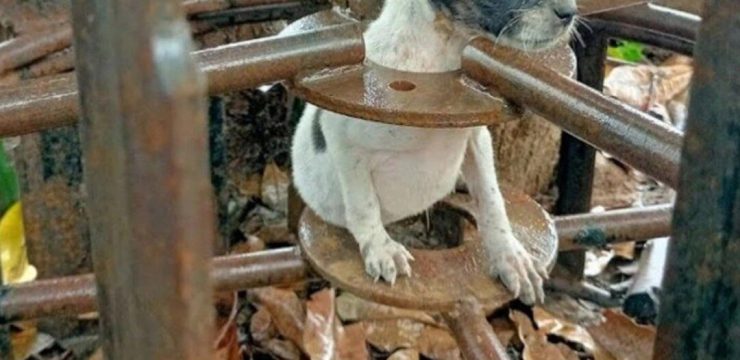Have you ever heard the riddle about why the killer always survives while the victim dies, even though they both appear to have the same chance? It’s a question that has puzzled people for years, sparking endless debates and curious discussions. Here’s how it usually goes: imagine a situation where a killer offers two pills to a victim. One pill is said to be harmless, while the other is supposedly poisoned. The victim is given the freedom to choose whichever pill they want, leaving the other pill for the killer to swallow.

To anyone watching, it seems fair and random. The victim picks a pill, the killer takes the other, and they both swallow their chosen pills with a sip of water. Yet every single time, the victim dies and the killer survives. So what’s really going on here? Most people naturally assume the trick must lie in the pills themselves—that one is deadly and one is safe, and the killer somehow always ends up with the harmless one. Maybe the killer can tell the difference between the pills somehow—by weight, by texture, by smell—or maybe the killer switches the pills at the last second without the victim noticing.
Those are the kinds of guesses that often come up when people first hear the riddle. But the truth is much sneakier, much more chilling, and much simpler than anyone expects. The real answer? The poison isn’t in either of the pills. It’s actually hidden in the glass of water that the victim drinks. No matter which pill the victim chooses, they are already doomed because the water they use to wash down the pill is poisoned. The killer’s glass of water, on the other hand, is clean and safe. That’s why the killer always survives, and the victim always dies. It was never about the pills at all—it was about what they were drinking. This twist in the riddle is a powerful reminder about how easy it is to be misled by what we expect to be the source of danger.
We focus so much on the obvious choice—the pill—that we overlook the more subtle threat—the water. It’s a fascinating commentary on human nature and perception. We tend to search for explanations in the places we expect them to be, rather than questioning the things we take for granted. We assume fairness because it looks like fairness. We assume randomness because it appears random. But reality doesn’t always play by the rules we think it should. This riddle also highlights a larger life lesson: sometimes the real dangers we face aren’t the ones we’re watching most closely. We might obsess over one thing—our job, a relationship, a project—thinking that’s where success or failure hinges, while ignoring another factor quietly undermining us.
In everyday life, it’s often the hidden elements—the habits we neglect, the assumptions we don’t question, the small choices we dismiss—that have the greatest impact on our outcomes. Just like in the riddle, focusing only on the obvious can blind us to the real risks. Another interesting takeaway is about control and manipulation. In this scenario, the killer sets up a situation that looks fair but is rigged from the start. The victim thinks they have a choice, but the choice is meaningless because the outcome has already been decided. It’s a chilling example of how control can be exercised through deception, creating an illusion of agency when in reality, there is none. That lesson applies not only to crime stories or riddles but also to real-world dynamics in business, politics, and even personal relationships. Sometimes the people who seem to offer you a fair deal have already structured the game so they can’t lose. Recognizing that possibility doesn’t mean you should live in constant suspicion, but it’s a reminder to stay sharp, ask deeper questions, and not accept things at face value. In the end, the riddle about the killer and the pills teaches us that sometimes survival isn’t about being lucky—it’s about understanding where the true danger lies. And sometimes, the greatest threats are the ones we don’t even think to question. So the next time you hear a story that seems too straightforward, or face a situation that looks completely fair, take a moment to look beyond the obvious. You might discover that the real answers are hiding somewhere you never expected—just like the poison hidden not in the pill, but in the water.





